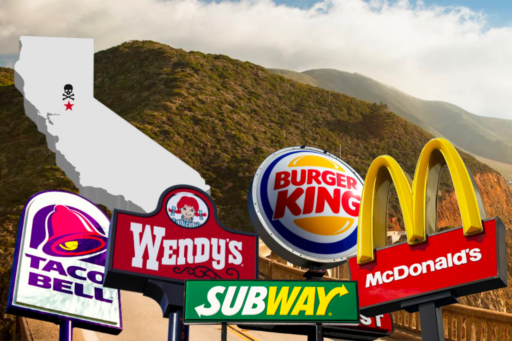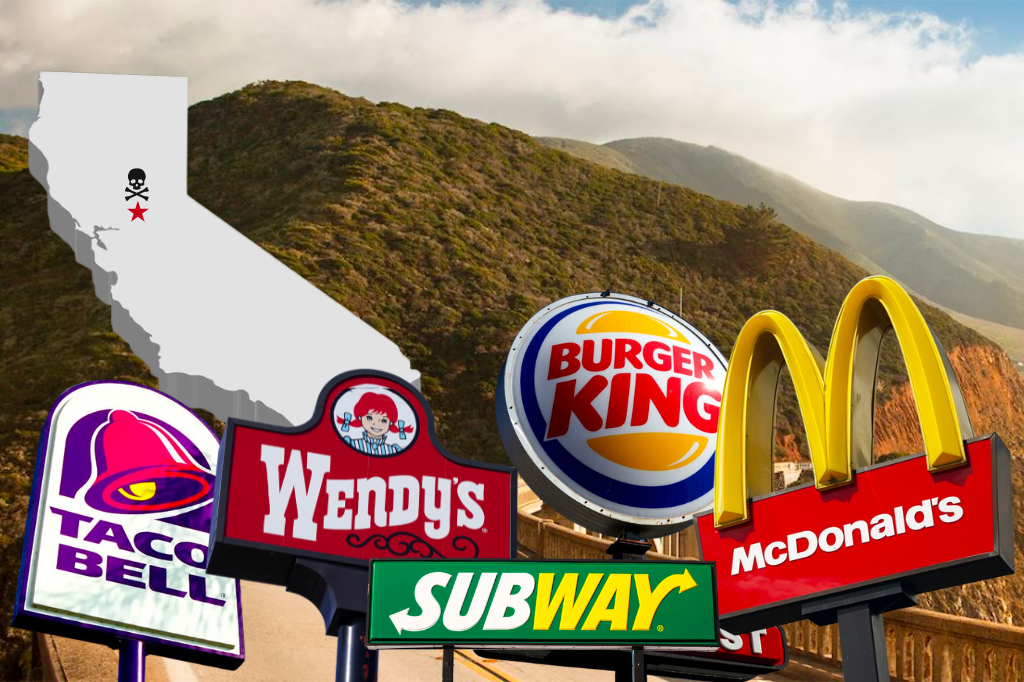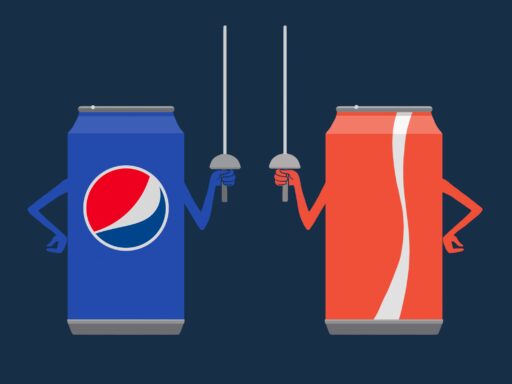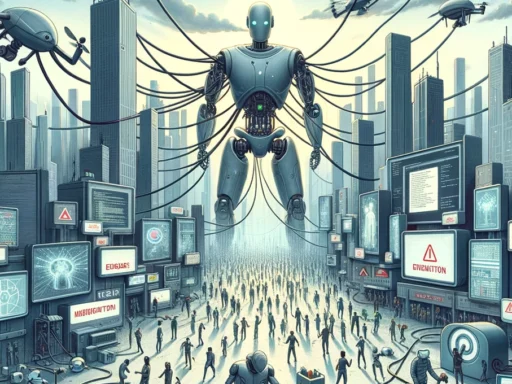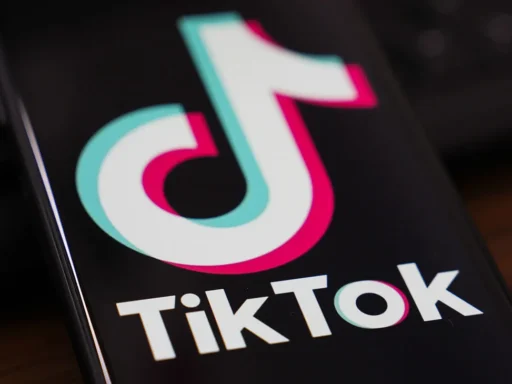Key Points:
- Fast Food workers at limited-service restaurants in California are going to see minimum wage increase to $20
- Franchise owners for limited-service restaurants are going to bear the expense of a ruling made for corporations, or will they?
- Fast food is going to get significantly more expensive for customers, essentially outpricing it from its homestead as a “cost-effective eatery.”
Are you ready for fast food to get a whole lot more expensive? Of course not, but it seems that we don’t have a choice. For decades, fast food has been a low-cost solution to getting a quick bite. Sadly, it seems like those days and beliefs are behind us. California has implemented new legislation that is going to bring the minimum wage of select limited-service restaurant workers up to $20/ hour starting in April of 2024.
The companies that fall under this limited-service criteria are those that have more than 60 chain locations across the nation. This means we are going to see the well known chains, such as McDonalds, Wendys, Subway, etc. experience the brunt of this (on paper). This is likely going to create a chain reaction, however, forcing other food-service industries to raise their wages as well, simply to stay competitive. The justification here is that most restaurants have a “Tipped Minimum Wage”, where employees who are eligible for tips only have to be paid $2.13 per hour, so long as the tip makes the difference to bring them to the federal minimum wage. Regardless of the fact that $2.13 is insanely low, and that the tipped minimum wage just perpetuates the toxic tipping culture the US has developed, the raise for some is going to lead to the demand from all.
Unfortunately, many single location, or restaurants with a few locations, are going to feel this one deep in their wallets. They need to remain competitive on salary, just to retain current employees, much less the added costs of trying to get new employees when they can work somewhere else for a mandated $20/hour minimum. Even beyond the food industry, this new push is going to cause businesses across the state of California to increase their wages, meeting employees new wage requirements, or risk losing their staff.
To add to this, if the minimum wages are going to increase, the additional roles of general manager and line manager will have to increase as well. The people who oversee the cashiers are not going to all of a sudden earn the same amount as the entry-level employees and be okay with that, which results in those added costs as well. This is a going to have a massive impact on not only the California fast food industry, but likely it will spill over to other states as well.
Knowing the price of labor costs is going to increase, where do you think the money is going to come from? If you think its the business owners own generosity to accept less money overall, unfortunately, you would be wrong. The costs are going to be directly passed on to the consumer. The cost of food is going to go up, and we truly don’t know by how much. To counteract this, I would expect more technological solutions to be integrated into the mix, reducing the work force, which creates another problem on its own.
Franchise Effect
So now we understand why it happened, whether we like it or not. We also understand that the impact is going to send shockwaves through the industry, but lets look at this from a financial perspective. The ruling has decided that chain restaurants with more than 60 locations are going to fall under this new rule. While that seems like a good metric, due to the size of the company, this isn’t taking into account that many of these companies are franchises. Companies like McDonalds and Subway have numerous franchise owners that own specific locations and pay a fee to their corporate office for the rights to own that business.
What this new legislation does for the franchise owners is pass the costs that should be applicable to only companies that have 60+ nationwide locations to the franchisees that may have one or two locations. This is very problematic from an owner perspective because, on average, they fall well below the 60+ location threshold, but are governed by the ruling as if they did. This will inevitably create a massive decrease in location profitability, which will again be passed on to the customers to make up for.
The Results
The California government claims they are doing this to provide fast food workers with more disposable income, stoking the proverbial fire in the economy. In reality, they are creating a burden for millions of businesses that will not have to keep up with this financial dance to retain staff. With the inflationary costs that we’ve seen on food over the last four years, the outcome of a wage increase as well could very quickly lead to the shut down of businesses due to impossible financial burdens placed on them by the government.
What do you think? Is it a good idea to increase the minimum wage of fast food workers to 2.75x the minimum wage? What will this mean for the rest of the economy? Do we believe that having “more” disposable income is the solution to fixing the economy, or should we be figuring out ways to reduce costs at the front of the line? Add fast food to the list of industries that have been effectively decimated by the government.


